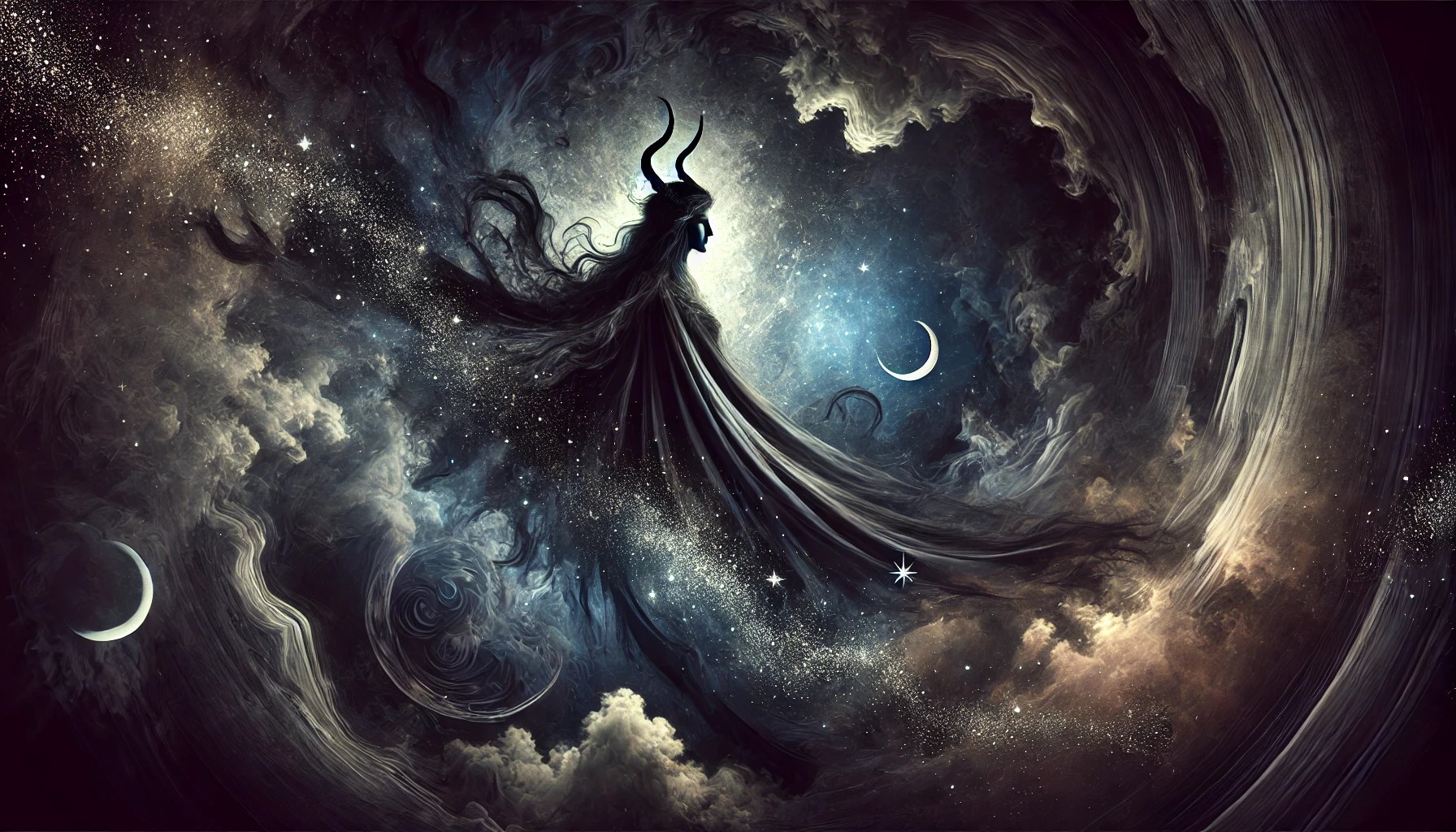Erebus: The Primordial Deity of Darkness in Greek Mythology

In the rich and complex world of Greek mythology, Erebus (Ἔρεβος) stands as a powerful and enigmatic primordial deity. Representing darkness and shadow, Erebus is one of the earliest entities to emerge from the primordial chaos, embodying the deep, impenetrable gloom that exists between the Earth and the Underworld. This blog post explores the origins, characteristics, and significance of Erebus, shedding light on his role in the cosmic order and his enduring legacy in mythology. Origins and Nature of Erebus Erebus is a primordial deity, one of the first beings to emerge from Chaos , the original void from which all creation sprang. According to Hesiod’s Theogony , Erebus is born alongside Nyx (Night), and together they represent the dual aspects of darkness: the shadowy gloom of Erebus and the enveloping night of Nyx. Primordial Status : As a primordial deity, Erebus's existence predates many of the Olympian gods. His role as the embodiment of darkness and shadow underscores hi...





